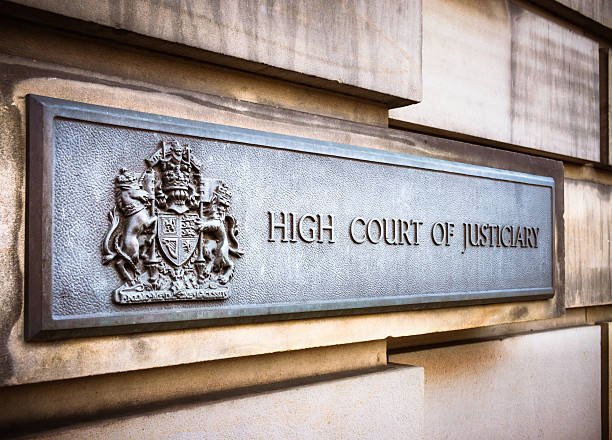Introduction:
In the intricate tapestry of legal frameworks, the High Court stands as a pillar of justice, wielding the power to address and adjudicate upon a myriad of issues. Among these, the law of scams takes center stage, as the High Court plays a crucial role in unraveling the complexities of fraudulent activities that plague our society. This article delves into the intricacies of the law of scams within the purview of the High Court, exploring the mechanisms in place to combat such deceitful practices.
Understanding the Law of Scams:
Scams, in their various forms, have become increasingly sophisticated in the digital age. From Ponzi schemes to online fraud, perpetrators are constantly evolving their tactics to exploit unsuspecting individuals. The law of scams encompasses a wide range of fraudulent activities, including financial fraud, identity theft, and deceptive practices aimed at obtaining money or valuable assets through deceit.
The High Court’s Role:
The High Court serves as a vital institution in upholding the rule of law and protecting citizens from fraudulent schemes. Its jurisdiction allows for the adjudication of complex scam cases that often span multiple jurisdictions and involve intricate legal questions. The court’s ability to interpret and apply the law is crucial in delivering justice and setting legal precedents.
1. **Jurisdiction and Cross-Border Scams:**
Scams often transcend national boundaries, making jurisdiction a critical issue. The High Court’s authority to hear cases that extend beyond regional or national borders enables it to tackle cross-border scams effectively. This jurisdictional reach is essential in an era where scams can be orchestrated from anywhere in the world, necessitating a comprehensive legal response.
2. **Legal Precedents and Precedent-Setting Cases:**
High Court decisions play a pivotal role in shaping the legal landscape surrounding scams. Landmark judgments set legal precedents that guide lower courts and establish a framework for interpreting and applying the law. As scams evolve, the High Court’s ability to adapt legal principles ensures that the judiciary remains a formidable force against fraudulent activities.
3. **Protection of Victims’ Rights:**
Scams often leave victims in financial ruin and emotional distress. The High Court, in its role as a protector of justice, ensures that victims’ rights are upheld during legal proceedings. This includes the right to seek restitution, the right to privacy, and the right to a fair and transparent legal process. The court’s decisions contribute to the development of victim-centric legal frameworks.
4. **Adaptability to Technological Advances:**
The nature of scams has evolved with technological advancements, with cybercrime becoming increasingly prevalent. The High Court must adapt to these changes by interpreting existing laws in the context of emerging technologies and, if necessary, advocating for legislative updates. This adaptability is crucial in staying ahead of the curve and effectively addressing new forms of fraudulent activities.
Conclusion:
As the guardian of justice and a beacon of legal wisdom, the High Court holds a pivotal role in combatting the scourge of scams. Its jurisdiction, ability to set legal precedents, protection of victims’ rights, and adaptability to technological advances collectively contribute to a robust legal framework that strives to eradicate fraudulent activities from society. In the relentless pursuit of justice, the High Court remains an indispensable institution in the fight against scams, ensuring that the law serves as a powerful deterrent to those who seek to exploit the unsuspecting.



